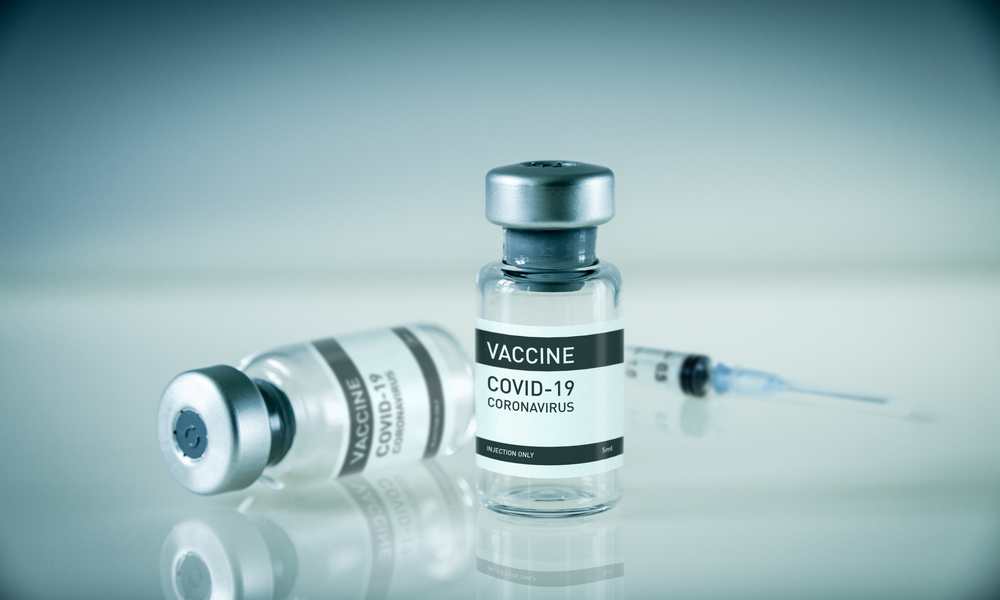
Nurse Practitioners Hit the Road to Tackle COVID-19 Vaccine Hesitancy
A boots-on-the-ground approach seeks to boost COVID-19 vaccinations in underserved and minority communities by dispelling fears, answering questions, and speaking their language.
More than half of the country’s adults—135.8 million—have received the COVID-19 vaccination. But what about the other half? Many Americans harbor doubts about the vaccine, especially in minority communities, which have been disproportionately hit hard by the virus.
To combat hesitancy in those communities, the American Association of Nurse Practitioners launched a grassroots effort during Minority Health Month, meeting patients where they are by going door to door to schedule appointments and setting up mobile vaccination clinics in urban and rural areas. The group is encouraging COVID-19 vaccine participation, raising awareness about better COVID-19 vaccine access, and highlighting ongoing efforts to address health disparities in minority communities.
“Nurse practitioners have been treating patients with COVID-19 since day one; we have seen firsthand the adverse impact of this disease on our nation’s minority communities,” said AANP President-Elect April Kapu in a press release.
Kapu is leading a door-to-door vaccine scheduling drive with nurse practitioner students in Kurdish and Hispanic communities and door-to-door vaccinations for home-bound seniors in Tennessee. The group is also engaging in a public-private partnership to reach minority communities close to home, combat misinformation, and conduct local events to vaccinate 500,000 people living in Arizona’s underserved communities.
Data underscores the need for these efforts. Research by the National Foundation for Infectious Diseases found a significant gap in vaccine confidence among Black adults in the U.S., despite their being disproportionately affected by COVID-19. Kaiser Family Foundation data shows a pattern across states of Black and Hispanic people getting fewer vaccinations compared to the COVID-19 cases and deaths in those communities.
The federal government has taken steps to increase equitable access to COVID-19 vaccinations. Late last month, the Biden administration announced $10 billion would be targeted toward communities hit hardest by the pandemic, including resources for community health centers and programs to increase vaccine equity and uptake.
Many other associations are also stepping up to combat vaccine hesitancy. Earlier this year a group of Black CEOs—including the leaders of AARP, the American Diabetes Association, the American Psychological Association, the International City/County Management Association, the National League of Cities, and the YMCA—announced they would boost awareness of the vaccines in Black communities and take steps to increase access.
Meanwhile, the National Association of Manufacturers and the Manufacturing Institute—NAM’s workforce development and education partner—launched a project aimed at stopping the virus in its tracks by convincing more Americans to receive the COVID-19 vaccine.
“The American people need to know this vaccine is safe, it is effective, and it is available. As one community and as one nation, we can increase the vaccination rate and bring an end to this pandemic once and for all,” said Kapu.
(daboost/iStock/Getty Images Plus)






Comments